Aggressiveness in children is a behavior that responds to negative emotions. All children will at some point feel this type of emotion and to the extent that they learn to manage them, they can control the appearance of bad behavior.
Of course, aggressive behavior is not the same in a small child of 3 to 5 years old, who still does not recognize his emotions; a child over 7 or 9 years old, who must already be in the process of self-control; or violent behavior in a teenager.
We can say that a behavior is aggressive when it generates damage to oneself, to others, or to the environment. If we believe that our child has become aggressive, it is important to analyze what factors might influence their behavior; this way it will be easier to help him achieve self-control.
What are the causes of aggressiveness in children?
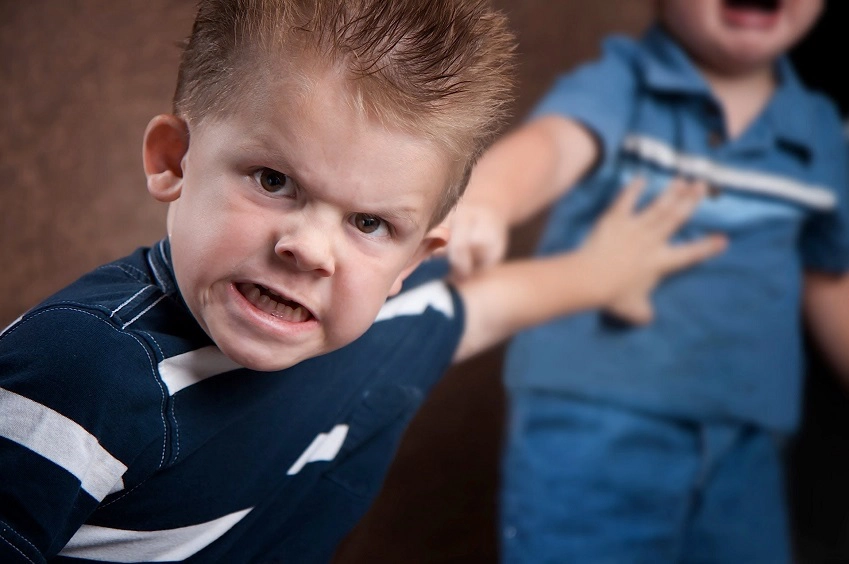
- Frustration, anger, and fear are the main cause of aggressive behavior. By not knowing how to control them, they respond with aggressiveness.
- When parents accede to the whims of the child to have this type of behavior.
- Aggression in children can also be used to get the attention of adults or other children.
- Younger children imitate aggressive behaviors that they observe in their closest figures, such as parents, or their peers.
- The child analyzes certain aggressive responses and checks the results.
- Aggression in children can also be a response to personal distress. If the problem is treated, surely the child will eradicate the behavior.
How do I help my child control aggressive behaviors?
Teaching children to manage negative emotions depends on their own self-control skills as adults. Being consistent between what we say and what we do is not easy, but it is fundamental to inculcate that learning in the little ones.
Self-regulation of angry or violent responses will depend on personal growth and self-awareness. In this sense, we want to propose these strategies to get your child to move towards the control of aggressiveness.
Recognize emotions and offer options
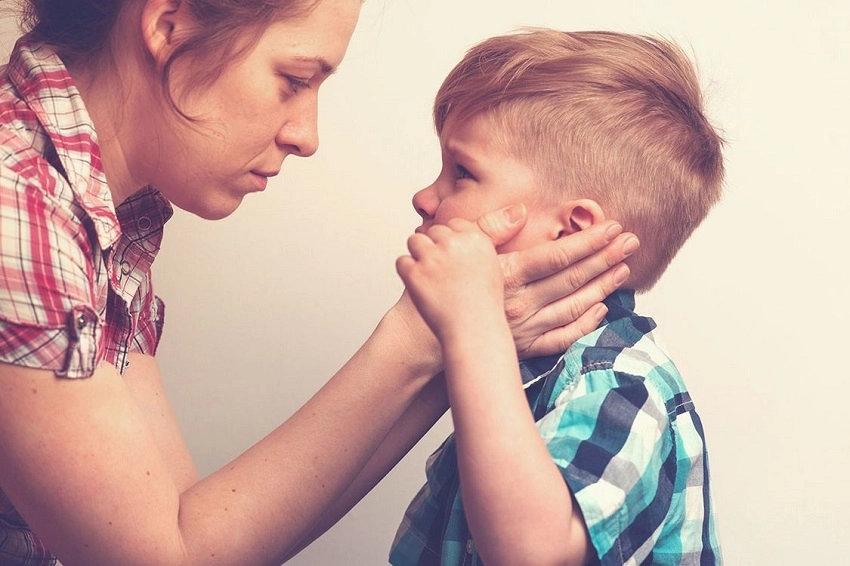
It is up to parents to teach children to recognize negative emotions, such as anger or frustration, and channel them into positive behaviors. When your child responds violently, you must teach him another way to solve his problems or differences.
Tell your child: “I understand that you are angry, but instead of fighting or yelling, you can do… It is a way of recognizing emotion and directing it toward positive behavior.
Establishes clear and precise rules
Avoid confusing your child with too many rules. The child needs to know that aggressive behaviors have consequences, and before exploiting them, he should try to calm down. Aggression is not justified, no matter how annoying you are, and if they act violently, you must make it clear that you will be sanctioned.
Respond calmly

Aggressiveness in children’s behavior is responded to aggressively, the behavior is not slowed down, but the anger and frustration of the children are fed. By acting calmly, you can appease the fury of the child. If the child screams, it should be spoken in a soft tone.
Avoid giving examples of aggressiveness in children
If in the home, problems or discussions are solved with shouts or blows, that will be the example that the children will receive. Children learn from what they see and the first thing they see is inside the home.
Find out what’s wrong
Aggressiveness in children can be an expression of something disturbing them or a sign of childhood stress. Ask your child why he reacted in that way and explain why it is not okay to respond in a violent way.
As long as you show interest in what happens to him, he will be able to pinpoint what makes him so upset. By opening up with you, you will find the solution to the problem that worries you.
Prevents tantrums from becoming normal behaviors
If before a tantrum instead of being firm we give in to the wishes of the child, this will become a successful formula to get what he wants. Your child violently claims your attention, remind him that only if he calms down can you understand what he wants.
If the child screams and throws things or is angry because you do not play with him, you should not attend to his claim by immediately doing what he asks you to do. First explain to her the reasons why you can not play at that moment and also tell her that if she calms down, as soon as you have time, they will play together.
Do relaxation exercises together

It is important to teach your children to relax. It is appropriate that you take time to reflect, recognize,, and express the emotion; before resorting to a violent response. You can practice relaxation techniques with your child, such as counting to ten and doing breathing exercises.
Avoid laughing
We can be amused by the first aggressive behavior of the child, but even if it causes you to laugh, avoid laughing. Laughter conveys the wrong message that this violent behavior is correct.
Repair the damage and ask for forgiveness
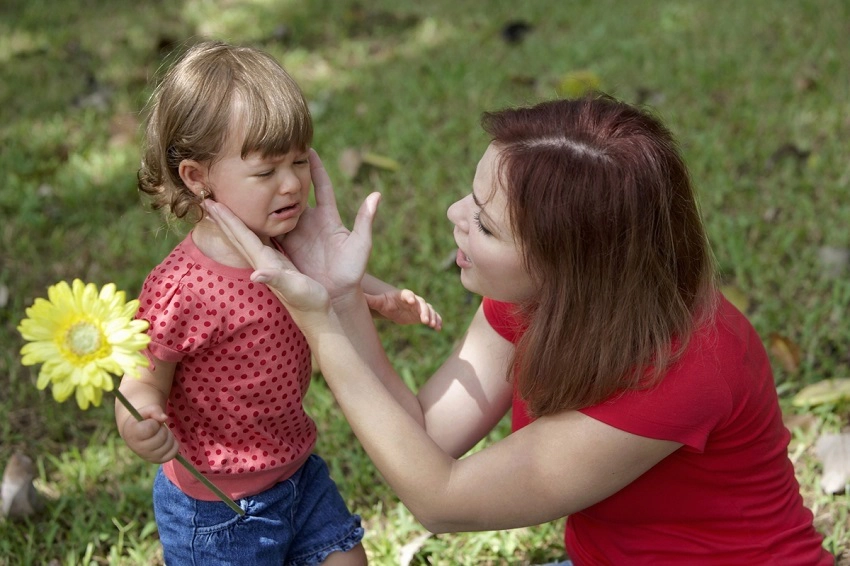
When the child responds aggressively (breaks toys, screams, hits, bites), he must apologize for what he did; be it to another child or their parents. As much as possible, you should also repair the damage you have caused. The child probably feels bad about what happened, and asking for forgiveness will help him feel better.
Conclusion
An angry, frustrated, or fearful child may respond aggressively to their parents or other children. If you sit down to talk and find out what is bothering you, you will surely find the best way to eradicate aggressive behavior.
Never deny the love you feel for your son for having that behavior. It is important to make it clear that you reject this behavior, but in no case should rejection be directed toward the child.

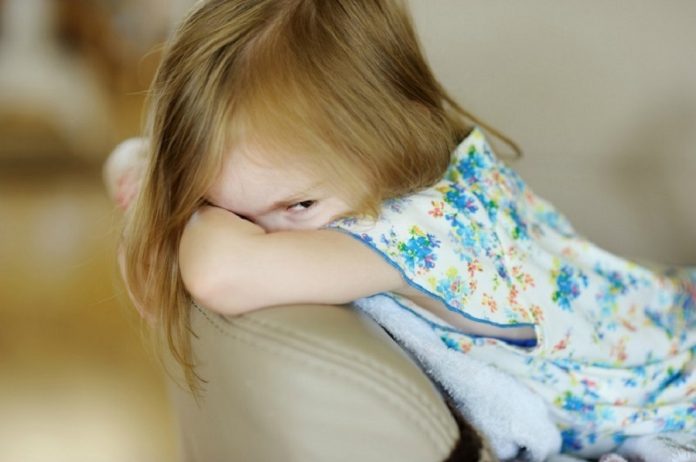

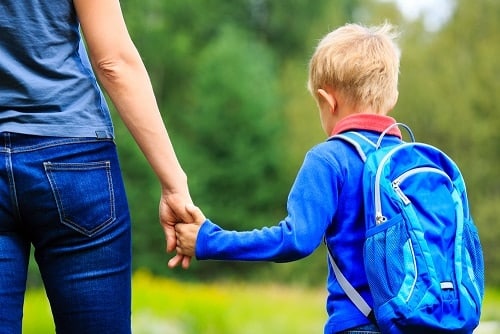

2 thoughts on “Aggressiveness In Children: My Child Suddenly Aggressiveness”
Comments are closed.